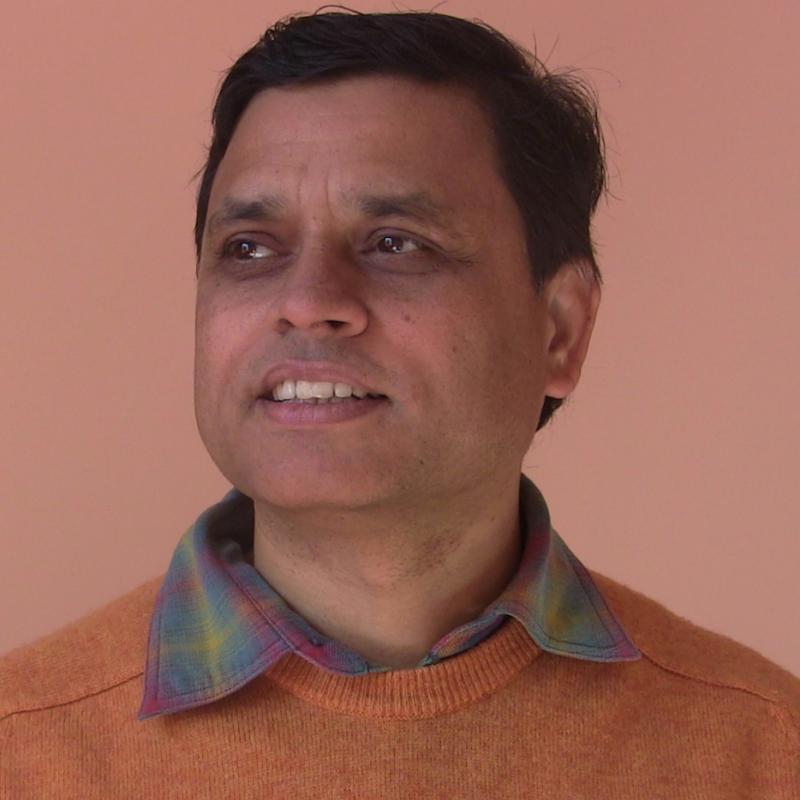I have been working as an expert in programme evaluation and management. I have carried out many projects and programme evaluation related to livelihoods enhancement, economic development, natural resources management, climate change, disaster risk reduction and sustainable development in Nepal and other South Asian countries. Currently, I am serving as a president of community of evaluators in Nepal and am also engaged in evaluation field building while working with the government of Nepal.
My contributions
How are we progressing in SDG evaluation?
DiscussionProving the value of agroecology for farmers and food systems: what methods and evidence do we have?
DiscussionNeutrality-impartiality-independence. At which stage of the evaluation is each concept important?
DiscussionThe farmer as a key participant of M&E: lessons and experiences from Participatory M&E systems
Discussion

Ram Khanal
Advisor Community of Evaluator (COE) NepalI have not used in evaluation per se but used for literature review and other purposes. I am aware this will be a useful tool but not sure whether the information available or used by chat gpt is adequately represent the context and information for the developing countries like Nepal. I do hope - colleagues who have used the tool will be in position to share their experience.